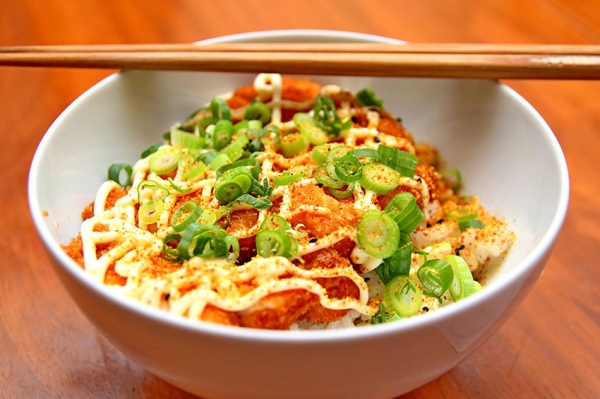There were speculations, assumptions and wild guesses. Some assumed Tilvin Silva would be appointed as the new party leader, perhaps due to his seniority. Some thought it was Lalkantha, one of the most outspoken members of the party. However, Anura Kumara Dissanayake’s name was not even in the grapevine. It was a closely guarded secret among the Central Committee members of the party. Of course Anura Kumara Dissanayake was not the senior-most member of the party as he became a full-timer in the JVP in 1991, during the ‘rebound’ period after the 88-89 insurrection.
When Anura Kumara Dissanayake’s name was announced as the new leader of the JVP at the 7th national convention of the party, it came as a surprise to everyone. The transition of power was smooth. Somawansa Amarasinghe, outgoing leader, whole-heartedly congratulated the new leader and ushered him into the stage. There was no division. Everyone seemed happy.
This entire process demonstrates nothing but the unity of the JVP and the ‘trust’ among the party members. They never compromised on the ‘trust’ factor and that was why they managed to keep such a crucial decision as a closely guarded secret. Within the past three months, JVP seniors and Central Committee members interacted with media on various occasions; but no one leaked the secret to media and created unwanted issues prior to the national convention. (JVP is arguably the most media friendly political party in Sri Lanka, mind you!)
When the top rung members of a party exercises a great level of discipline, that, in return, instills self-confidence in the members of the grassroots level. That creates a great bond among members of the party hierarchy at various levels. This is exactly what other political parties in Sri Lanka lack at the moment.
Although the JVP and the US are at diametrically opposite ends of the spectrum in terms of policies, the conduct of the JVP with regard to its leadership change strongly resembled that of the US government when it came to the secret mission to kill Osama Bin Laden. The plan was executed for more than 06 months without being noticed by media or any other outside element. ‘Confidentiality’ was an integral part of the entire operation and at the final phase the US President and his top officials watched the ‘battle’ on a wide screen. It’s true there are mixed reactions across the world when it comes to the ‘political correctness’ of the act. But let’s look at the morale of the story.
The US President, top government officials and military leaders exercised a great deal of caution when it came to dealing with secret information. Their first priority was the best interest of the country and everything else came second. That was why they managed to keep the operation to kill Osama Bin Laden under wraps until the last moment.
Addressing the nation immediately after the operation, US President Barack Obama made following remarks.
"Good evening. Tonight, I can report to the American people and to the world that the United States has conducted an operation that killed Osama bin Laden, the leader of Al-Qaeda, and a terrorist who's responsible for the murder of thousands of innocent men, women, and children.
"It was nearly 10 years ago that a bright September day was darkened by the worst attack on the American people in our history. The images of 9/11 are seared into our national memory - hijacked planes cutting through a cloudless September sky; the Twin Towers collapsing to the ground; black smoke billowing up from the Pentagon; the wreckage of Flight 93 in Shanksville, Pennsylvania, where the actions of heroic citizens saved even more heartbreak and destruction.
"And yet we know that the worst images are those that were unseen to the world. The empty seat at the dinner table. Children who were forced to grow up without their mother or their father. Parents who would never know the feeling of their child's embrace. Nearly 3,000 citizens taken from us, leaving a gaping hole in our hearts.
"On September 11, 2001, in our time of grief, the American people came together. We offered our neighbours a hand, and we offered the wounded our blood. We reaffirmed our ties to each other, and our love of community and country. On that day, no matter where we came from, what God we prayed to, or what race or ethnicity we were, we were united as one American family.”
Leaders should be able to distinguish their first priorities. When they fail to identify what they should do first, things start falling apart. This theory is applicable to many other political organizations in Sri Lanka who do not attach any importance to maintaining internal discipline. As a result, they always entangle themselves with various internecine struggles and internal disputes, while prolonging their stay in the opposition!




